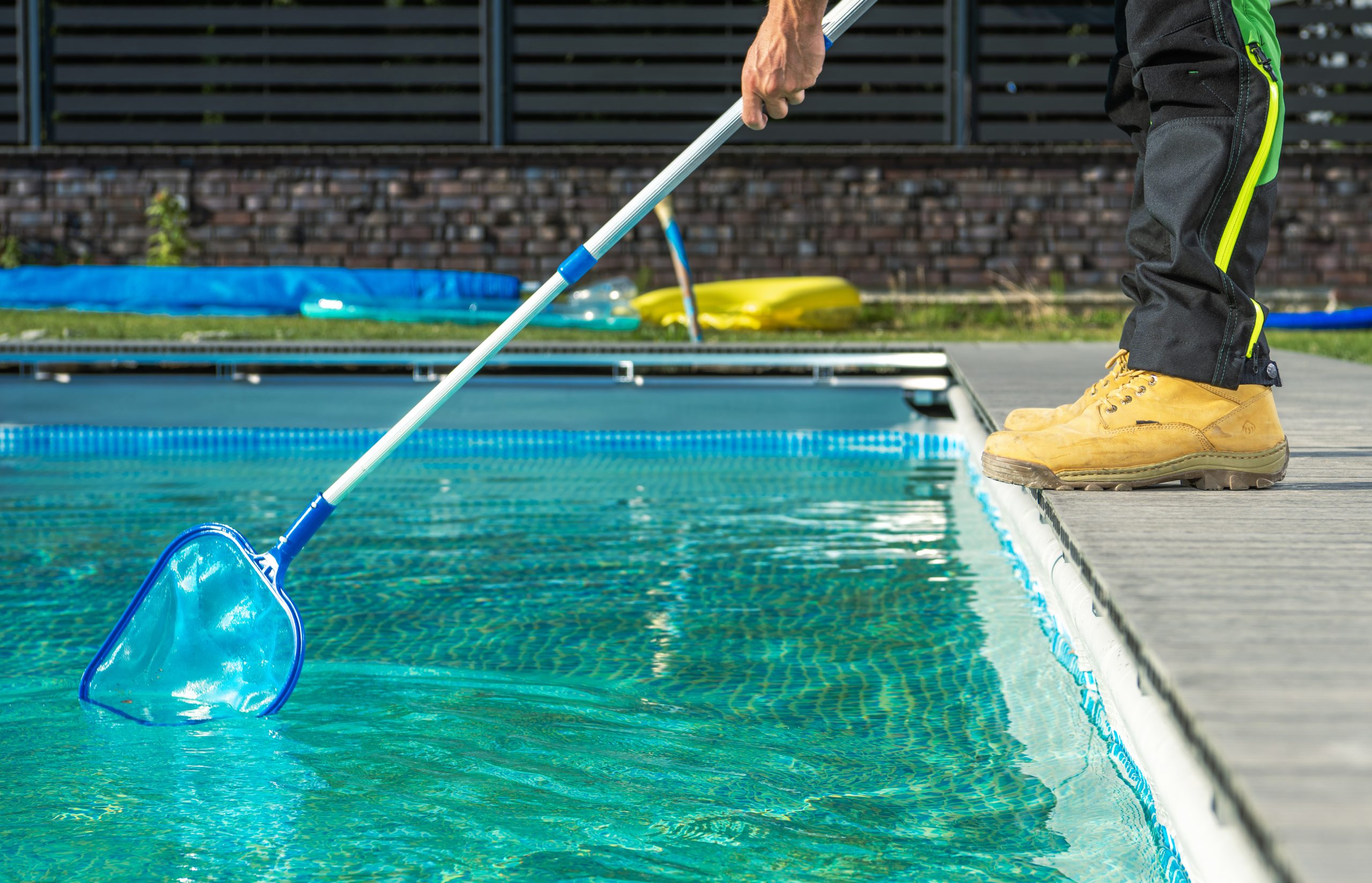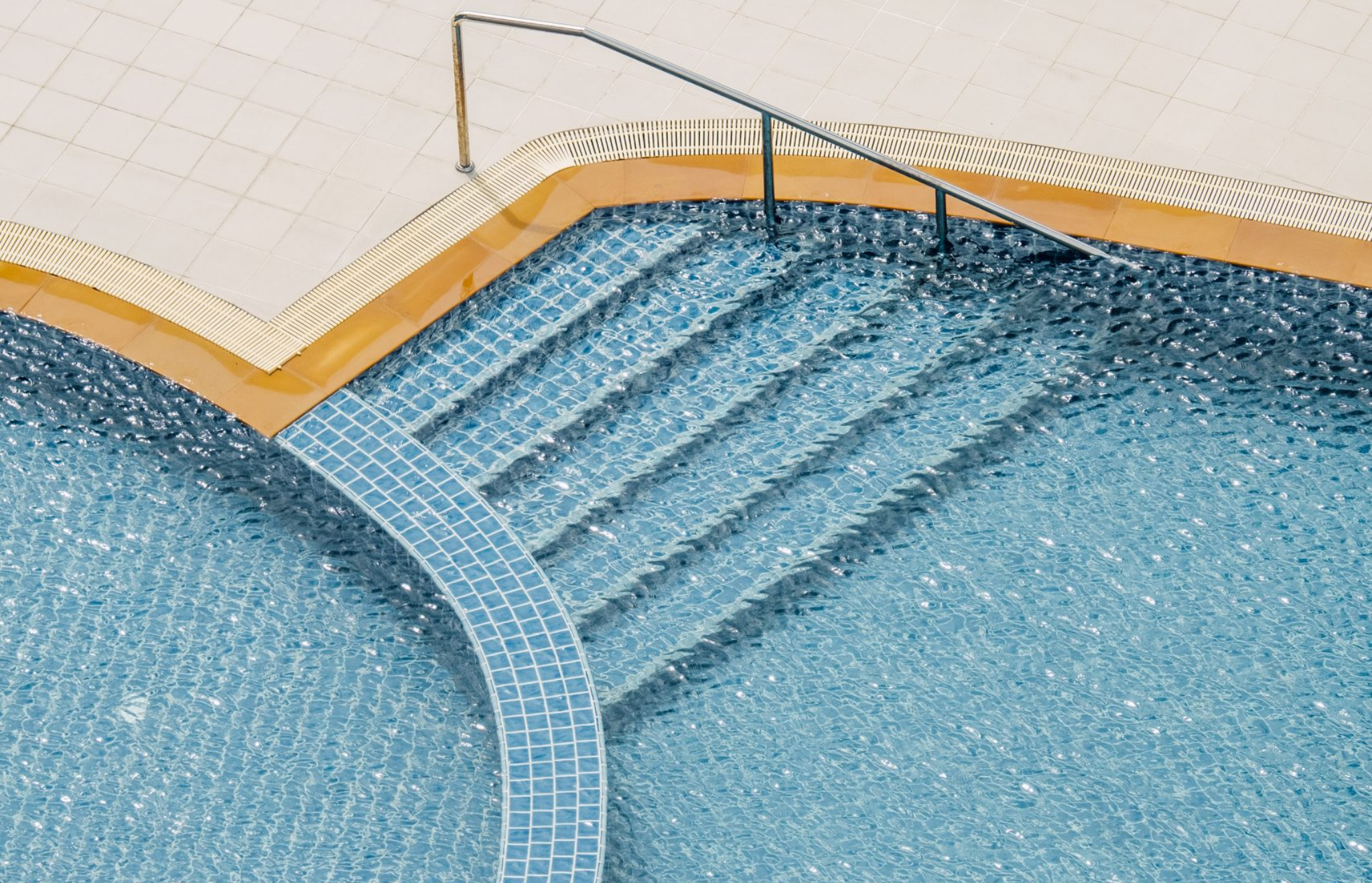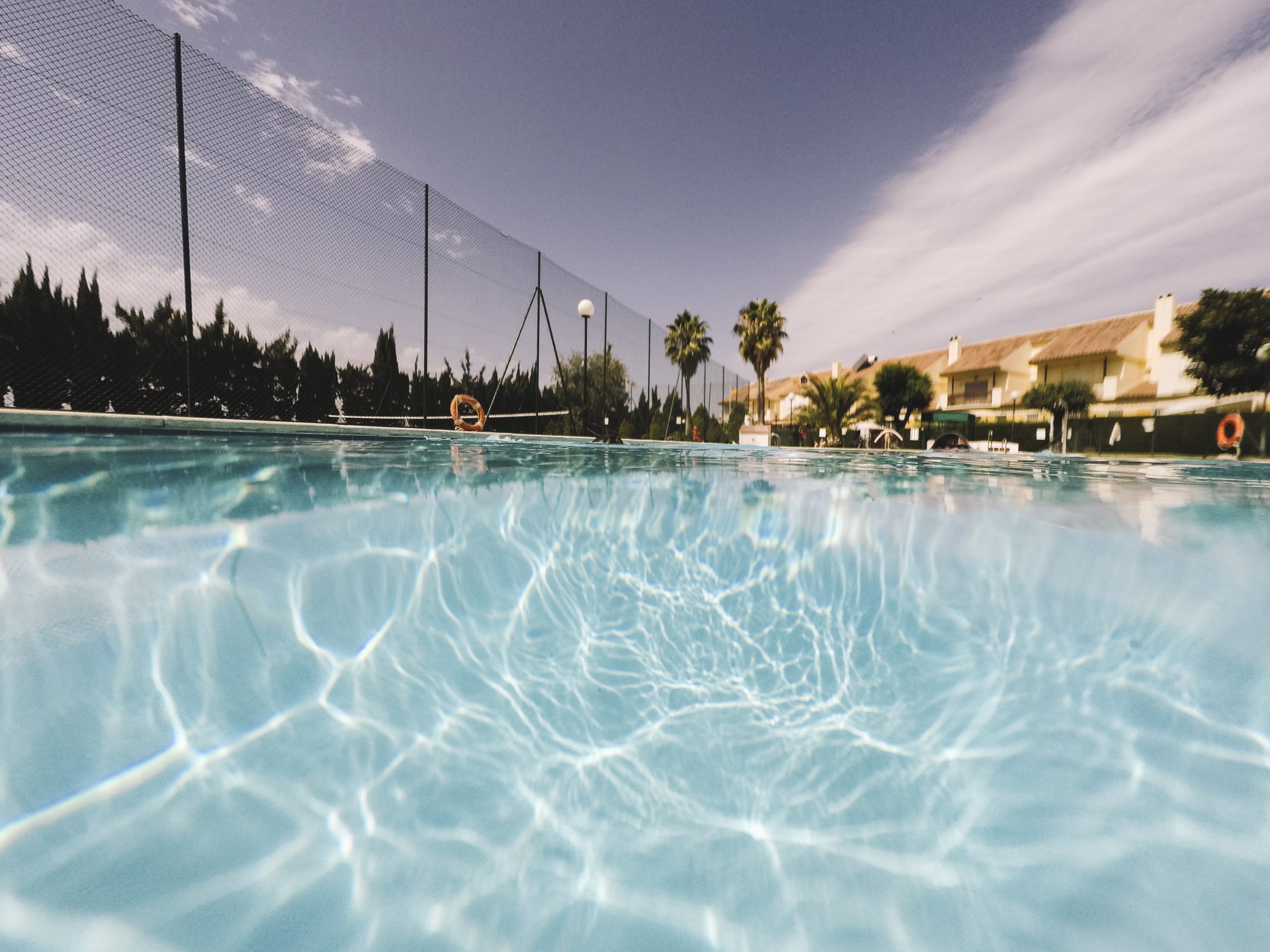A clean and well-maintained pool is essential for both safety and enjoyment. Regular pool maintenance ensures crystal-clear water, prevents bacteria growth, and extends the lifespan of your pool equipment. But how often should you clean your pool? Let’s dive into the details and help you establish a proper cleaning routine.
Daily pool maintenance
Some pool maintenance tasks should be done daily to keep the water fresh and inviting:
- Skimming Debris: Leaves, insects, and other debris can accumulate on the surface. Using a skimmer daily prevents dirt from sinking and clogging the filter.
- Checking Water Levels: If the water level is too low, the pump may get damaged. Refill if necessary.
- Inspecting Water Clarity: If the water starts looking cloudy, it could indicate a filtration issue or an imbalance in chemicals.
Weekly pool cleaning tasks
A more thorough cleaning should take place at least once a week:
- Brushing Walls and Floor: Algae and dirt tend to stick to pool surfaces. Use a brush to scrub the walls, steps, and floor.
- Vacuuming the Pool: Whether using a manual or automatic vacuum, removing dirt from the bottom of the pool keeps the water clean and clear.
- Testing and Balancing Chemicals: Check the pH, chlorine, and alkalinity levels. The ideal pH level should be between 7.2 and 7.6 to maintain safe and comfortable swimming conditions.
- Cleaning the Skimmer and Pump Basket: A clogged basket can reduce water circulation and strain the pump. Empty them weekly to maintain efficiency.
Monthly pool maintenance
Once a month, go beyond regular cleaning to ensure everything is functioning correctly:
- Shocking the Pool: Shocking, or super-chlorinating, eliminates bacteria, algae, and other contaminants. This is especially important after heavy rain, frequent use, or a noticeable change in water quality.
- Cleaning the Pool Filter: Whether you have a sand, cartridge, or DE (diatomaceous earth) filter, regular cleaning improves filtration and efficiency.
- Inspecting Pool Equipment: Check for leaks, wear and tear, and ensure all components are running smoothly.
Seasonal pool cleaning
The change of seasons can greatly impact your pool. Here’s what you should do:
- Spring and Summer: Increase cleaning frequency since pools are used more often. Regularly test water chemistry and adjust chlorine levels accordingly.
- Fall: More leaves and debris will fall into the pool, requiring extra skimming and vacuuming. Consider using a pool cover.
- Winter (for colder climates): If closing your pool, ensure it’s thoroughly cleaned, chemically balanced, and properly covered to prevent damage.
Signs your pool needs immediate cleaning
Even with a routine, some warning signs indicate it’s time for urgent cleaning:
- Cloudy or murky water
- Strong chlorine or chemical smell
- Green or yellow algae buildup
- Slippery pool walls and floor
- Pool equipment making unusual noises



